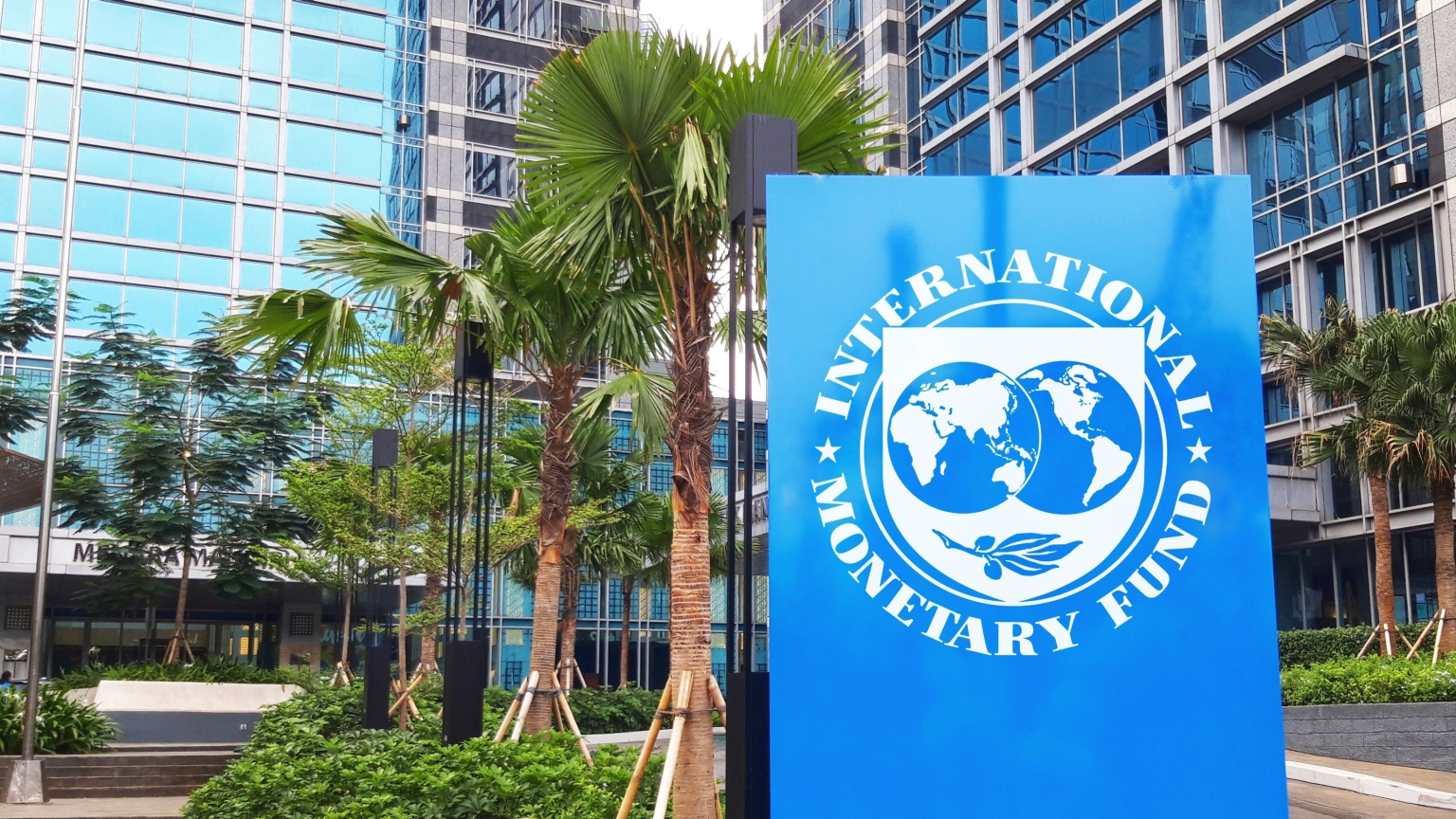The latest International Monetary Fund (IMF) World Economic Outlook, released on Wednesday, does not mention President Donald Trump by name in its 166 pages. Yet, his influence looms large throughout the report. The IMF describes a global economy “in flux,” noting that U.S. policy shifts under Trump have created widespread instability. While the full economic impact of his decisions remains to be seen, early indicators — including a sharp decline in Australian travel to the United States — suggest that public sentiment has already shifted against the world’s largest economy.
Economic Volatility Amid Tariffs and Policy Shifts
The IMF’s October 2025 report, titled “Global Economy in Flux, Prospects Remain Dim,” highlights the uncertainty surrounding U.S. trade and fiscal policy. Trump’s renewed tariff measures, introduced earlier this year, initially caused turmoil in financial markets. However, the broader impact has so far been muted, largely because global businesses rushed to complete transactions ahead of the tariff deadlines, providing a temporary boost to economic activity in early 2025.
The IMF revised its projections for U.S. growth upward from 1.8% to 2.0%, and for Australia from 1.6% to 1.8%, as the immediate shock of the tariffs faded. Nevertheless, the organization cautioned that trade policy uncertainty remains exceptionally high — roughly 3,800% greater than a year ago — emphasizing that “chaos still reigns.” The report underscores that markets may be underestimating the risks posed by the Trump administration’s erratic policy approach and authoritarian rhetoric.
Rising Political Tension and Global Disconnect
Beyond economics, Trump’s political actions — including threats to jail elected officials and suggestions to use U.S. cities for military “training grounds” — have contributed to what analysts describe as a growing disconnect between the United States and its democratic allies. The IMF warns that this instability could undermine investor confidence and disrupt international trade networks.
Australia’s government, while deepening defense cooperation with the U.S. through the AUKUS pact, has so far avoided direct criticism. Economists, however, suggest that continued alignment with an increasingly authoritarian administration could carry long-term reputational risks for Canberra, particularly in the Asia-Pacific region.
Tourism Data Reveals Public Reaction
While policymakers debate the macroeconomic consequences, travelers appear to have already delivered their verdict. Recent data from Australia’s Bureau of Statistics shows that 10% fewer Australians visited the U.S. in August 2025 compared with the previous year. Over the three-month period of June to August, travel to the U.S. was down 3% year-over-year, continuing a post-pandemic decline that has seen a 28% drop compared to pre-Covid levels.
The U.S. was the only one of Australia’s top ten travel destinations to record a year-over-year decline in visitors. Other destinations such as Japan, Italy, and Indonesia saw steady or rising numbers. Analysts are calling this shift the “Trump effect,” citing political unrest and perceived hostility toward foreigners as deterrents for tourists. The trend is mirrored globally: Tourism Economics now forecasts international arrivals to the U.S. will fall 8.2% in 2025, reversing an earlier projection of a 9% increase.
The Broader Global Impact
Despite temporary resilience, the IMF stresses that the world economy remains vulnerable. Supply chains continue to adjust to shifting U.S. trade priorities, while developing economies face renewed uncertainty about export access and currency stability. The report concludes that “prospects remain dim” as long as policy unpredictability persists in Washington.
In practical terms, global investors and ordinary citizens alike appear to be losing confidence in the United States as a stable partner. While markets may be temporarily buoyed by short-term growth figures, the IMF’s findings make clear that the political and economic aftershocks of Trump’s policies are only beginning to unfold.
The IMF’s analysis paints a world economy struggling to adapt to America’s shifting posture under President Trump. While growth forecasts remain modestly positive, deep uncertainty continues to ripple through global trade, tourism, and diplomacy. For everyday Australians and other travelers, the message is clear: the United States no longer feels like the safe, welcoming destination it once was. As the “Trump effect” reshapes perceptions worldwide, both markets and governments may soon be forced to confront a new era of instability.


